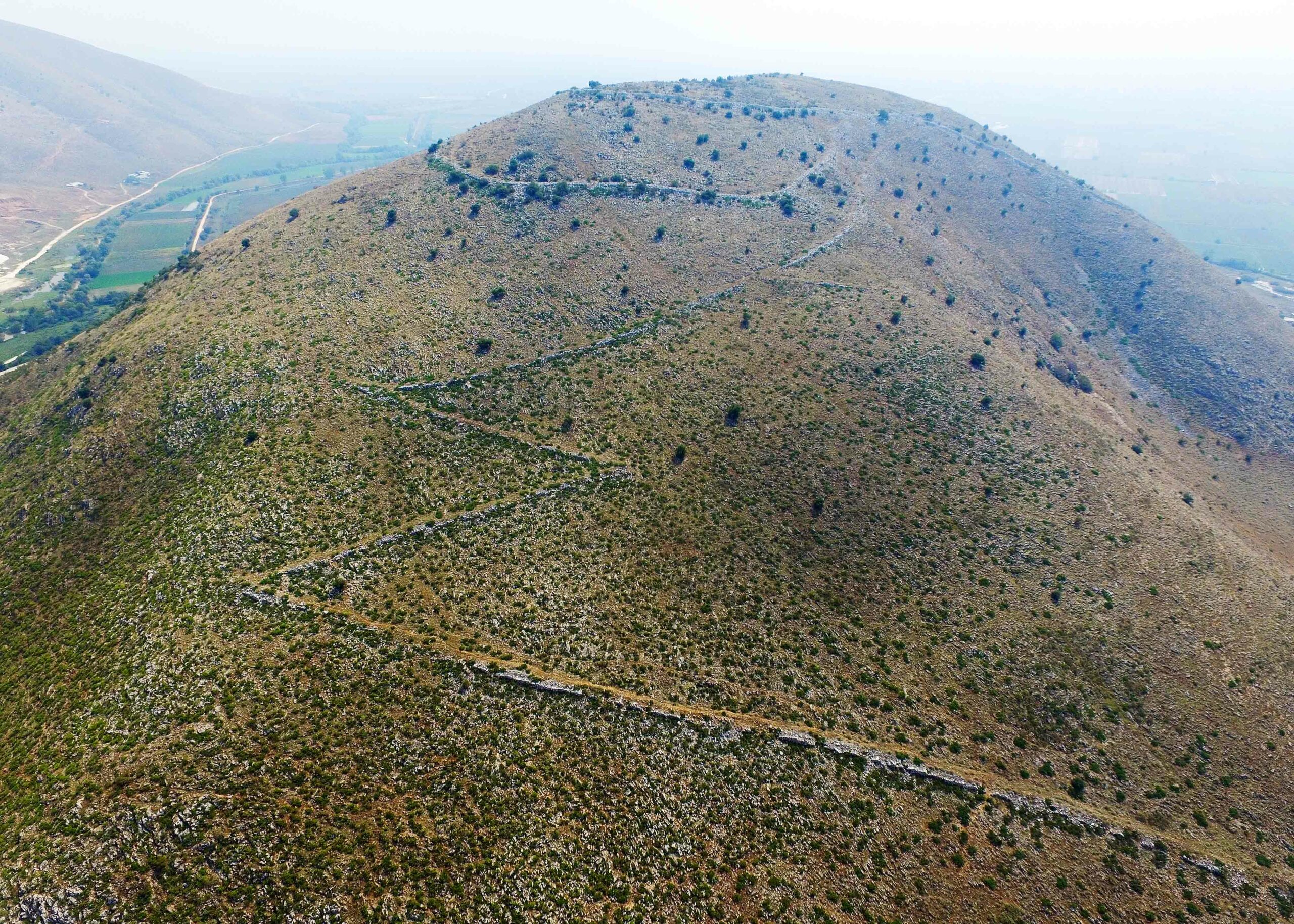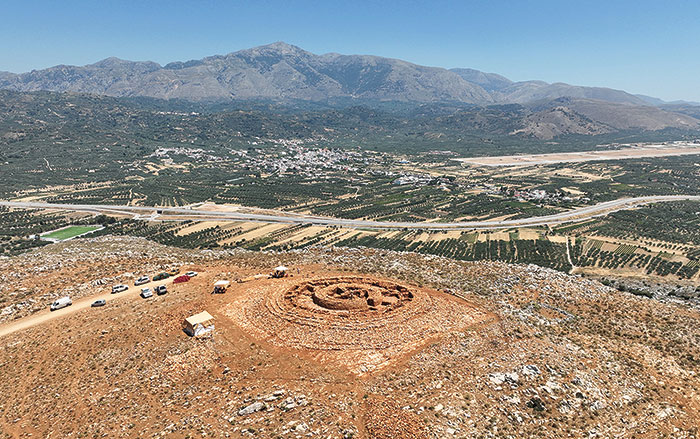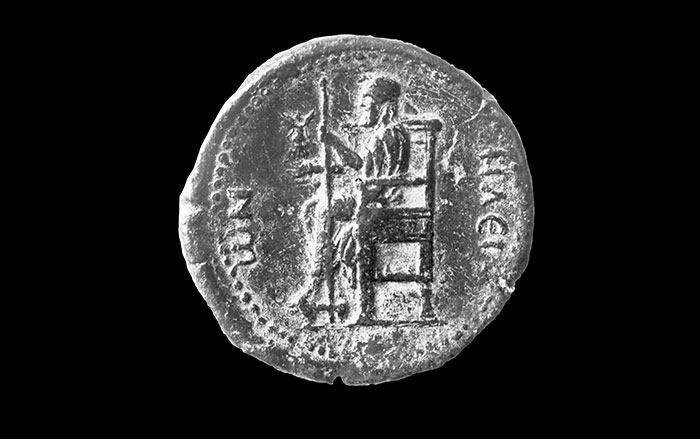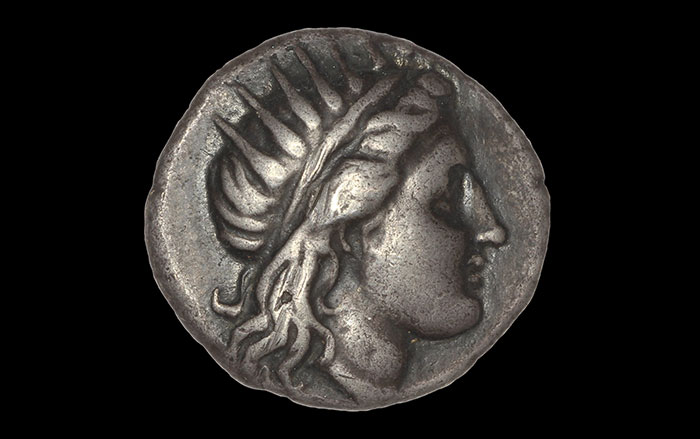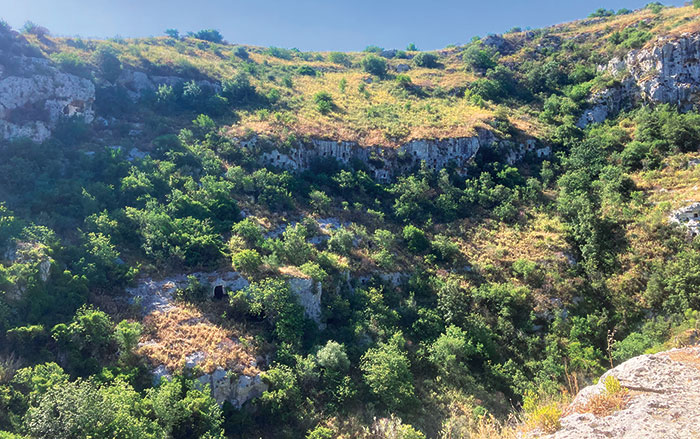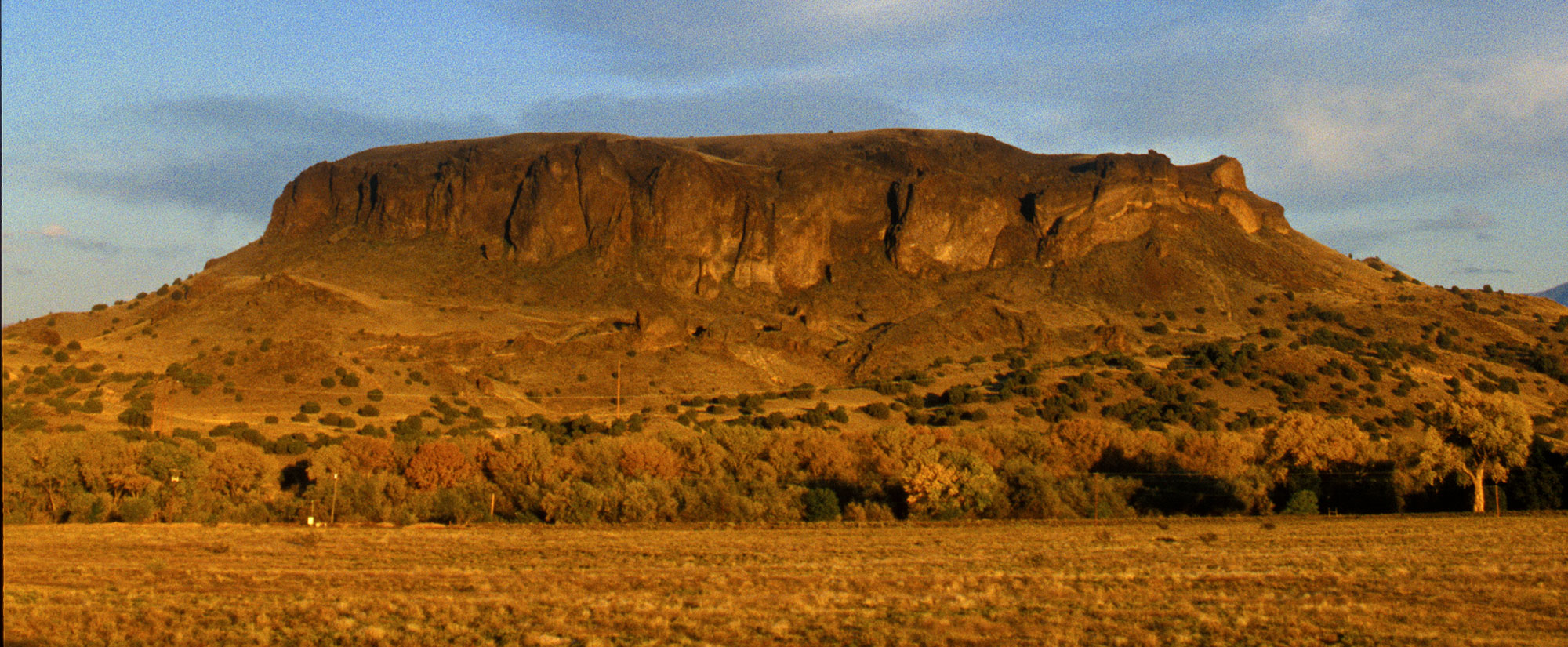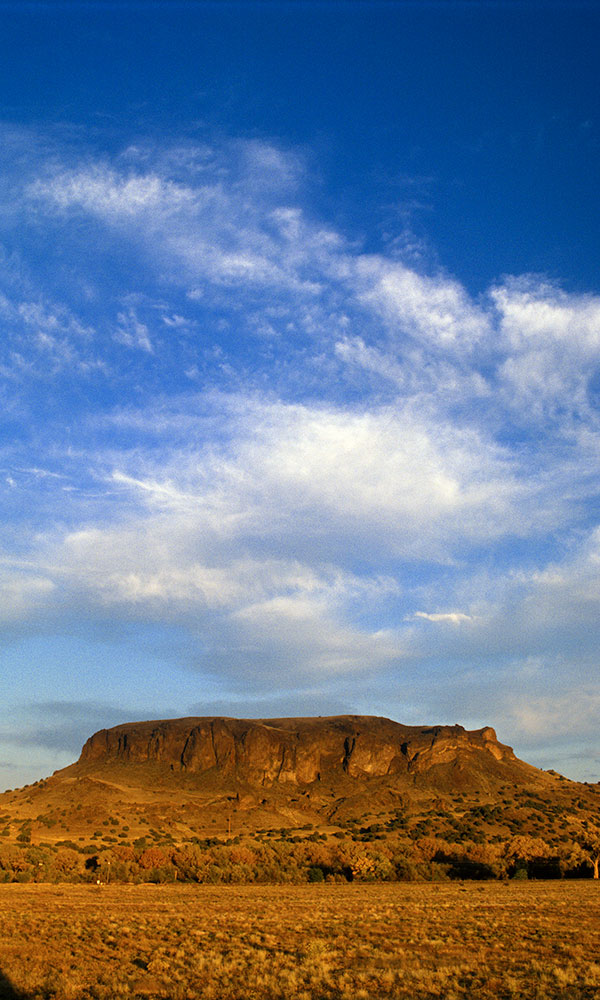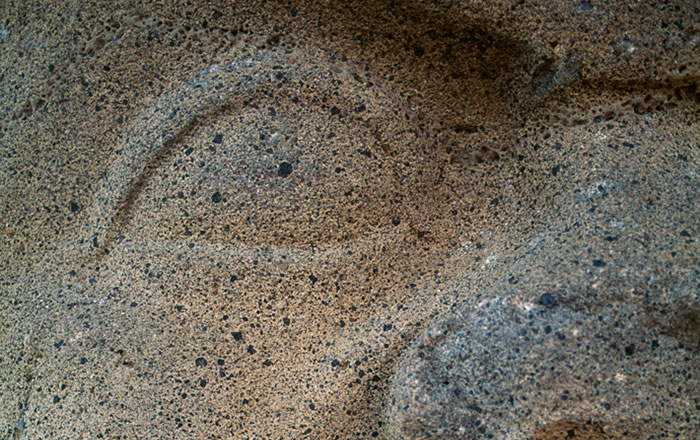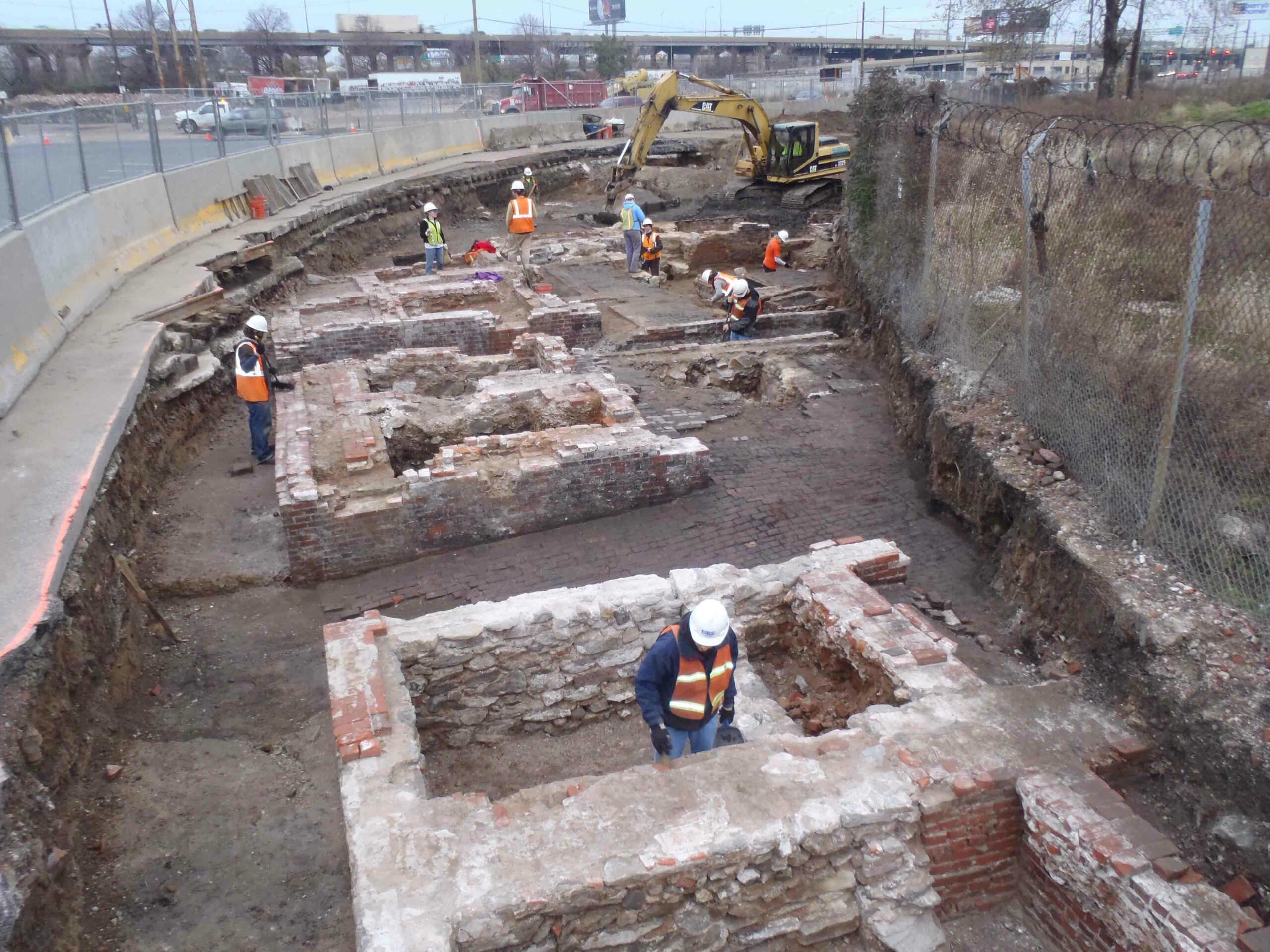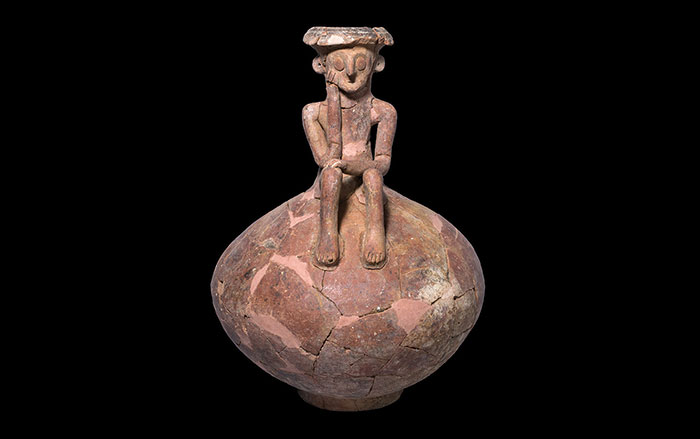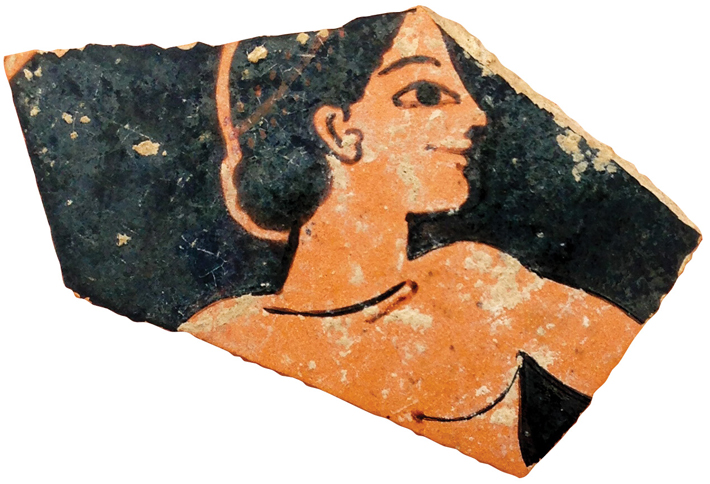
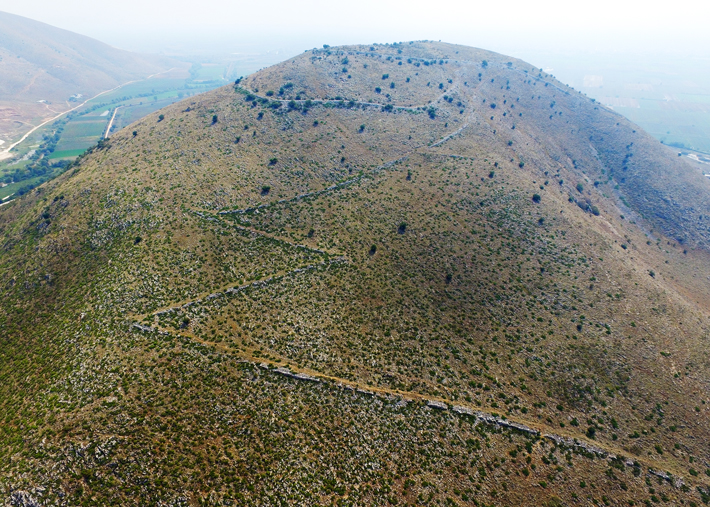
Archaeologists have identified the unexpected remains of a large, 2,500-year-old Greek settlement in western Thessaly. The existence of the hilltop site, near the modern village of Vlochos, had been known for more than two centuries, but had never been systematically investigated. Although large defensive walls were visible in some places, experts had long believed that the ancient settlement was fairly insignificant. This opinion changed when a Greek-Swedish team recently discovered the existence of a complex urban center. The team was stunned when the results of their geophysical survey indicated that the ancient site is spread across 100 acres and boasts an organized, orthogonal, or gridded street plan. Scholars believe that the town flourished in the fourth and third centuries B.C. before being abandoned. “The work at Vlochos gives a rare insight into the development and outline of a typical Thessalian city,” says University of Gothenburg archaeologist Robin Rönnlund. “It shows that even midsize settlements of this region were quite sophisticated in their spatial outline.”


